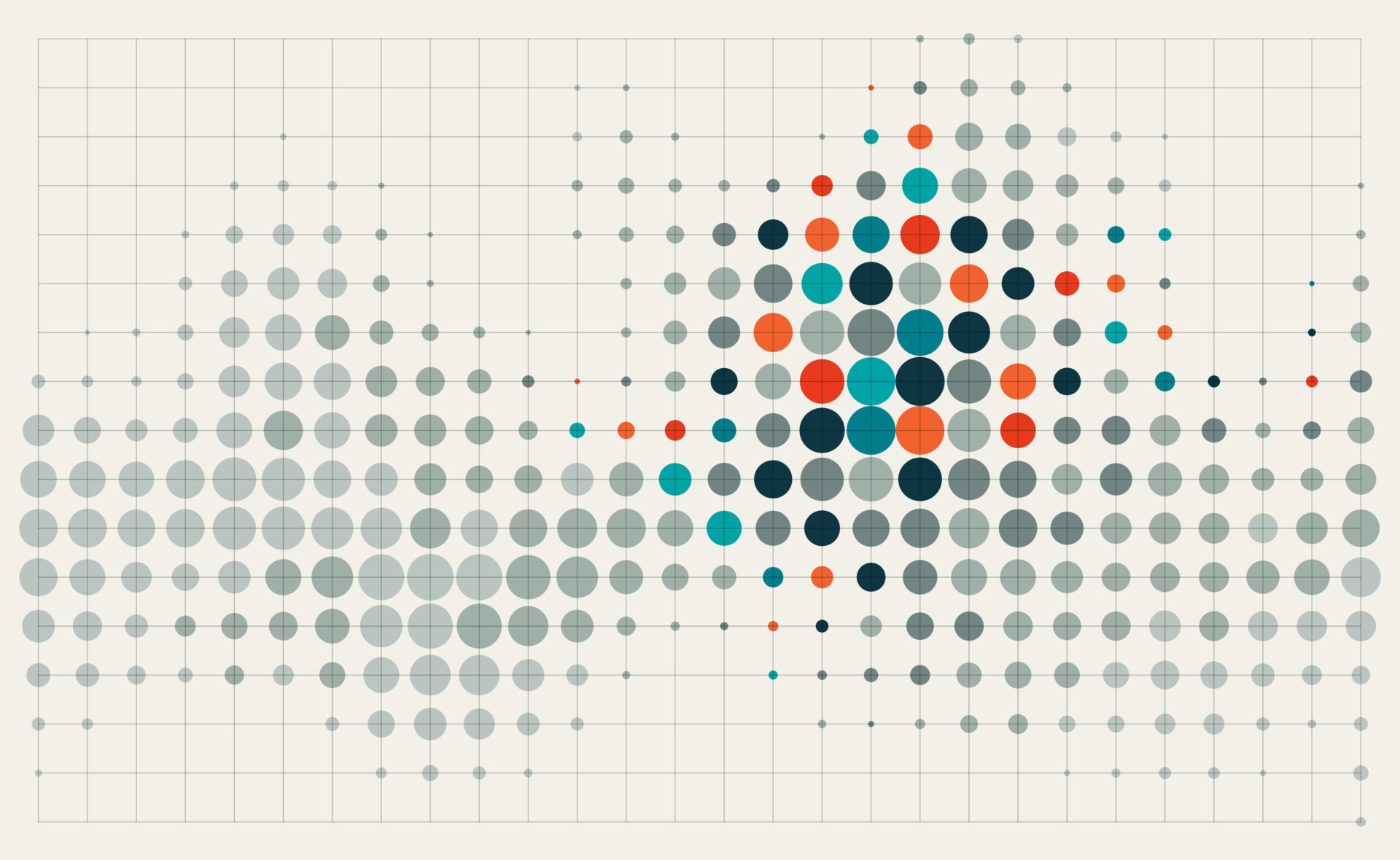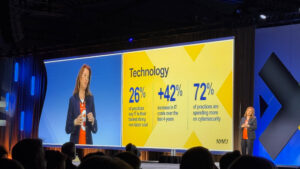I don’t really watch much on television, but I’ve been drawn into viewing the Summer Olympics in Paris and was fortunate enough to see the Women’s Cycling Road Race full replay on Sunday, 8/4/2024. Do yourself a favor – go find a replay of that, and if you can, please watch the last 20 minutes. It’s that good. You’re going to learn about an Olympic Athlete that defies all odds.
As I mentioned, I’ve been consuming the Olympic games on TV, and I’ve noticed all the advertisements that showcase the power of Artificial Intelligence in our lives (Salesforce has “Einstein,” Microsoft has “Co-Pilot,” and Google has “Gemini”). It struck me that we don’t have a fully scaled Artificial Intelligence solution in healthcare working on any of the problems it’s so good at solving. I’ve been in Healthcare since 1992 (yes, 32 years) and I’ve always heard consultants describe how Healthcare lags the innovation, data, and technology prowess of other verticals (Finance, Retail, Manufacturing, etc.) by several decades. Watching the commercials within the Olympics where the “Einstein,” “Co-Pilot” and “Gemini” solutions offer such novel capabilities seems to further the view that we are so far behind.
It’s not that we can’t keep pace with those other segments. I think the reasons we are behind are largely because healthcare innovates from very different locations: Payment innovation occurs from CMS, and Technology innovations occur from early-stage companies, who bring ideas to life and get gobbled up by a large corporation, a standard bearer in our ecosystem. This is a long-standing process and just how it “works” in healthcare.
I have ample awareness that we are on the precipice of much change in healthcare and that the fruit of that change is going to really, dramatically drive clinical outcomes. I believe companies like ours are working on the biggest challenges related to closing knowledge gaps by marrying the data provided from CMS (all services rendered and paid for by Medicare) to current high-value workflows that exist across patient care (support for Daily Huddles, Point of Care engagement, matching acuity to intensity of service, Interdisciplinary Teaming, etc.).
This is an especially important bit of work to solve for our sickest patients – The ones that are often talked about as the 5% that consume 50% of Medicare spend each year. These complex patient journeys are only known completely in the data inside CMS claims. The full breadth of detail lives solely there, and nearly every decision made within each of those journeys is made without any access key facts that would impact how clinicians manage, treat and care for those patients.
It’s not the fault of the clinicians. We’ve built the care delivery model around these inefficiencies and then expect them to resolve these knowledge gaps through differential diagnostic methods with no real access to data fully available to them in most circumstances.
Today in healthcare we have lists, reports, panels, dashboards, subjective interviews all of which create real friction within a clinician’s native workflow. We over task them. We crush them with documentation requirements. We do little to engage them where they are with what they need. We are just about at a breaking point.
Our most prominent and most well-worn path is to throw more data into their laps. Make them find the needle in another haystack. It’s the way we do things in Healthcare, but it just doesn’t work. We can’t have our clinical partners pick-up the pieces of our broken system any longer. We have clinician shortages across the nation already, and each day, more choose the leave their posts for other occupations.
What if we do it differently? What if we choose to be like Kristen Faulkner, the Olympic Athlete that I mentioned in the beginning of this blog. What if we really surprise the clinicians around our ecosystem with solutions that reduce friction in their daily lives.
I believe we can start with simple, elegant and seamlessly integrated solutions that marry what is known across the broadest spectrum about a patient, organize and make it accessible and actionable for every clinician in the model of care you – making efficient and closing knowledge gaps you may face in the care you already deliver every day. Imagine it providing support for Daily Huddles, seamlessly providing actionable insights directly into your Point of Care workflows, providing engagement nudges to your staff that help them correlate the patient’s acuity to intensity of services needed, and lastly, imagine it providing support to much needed Interdisciplinary Teaming.
It’s this kind of work that keeps us going at Acclivity.
If you’re interested in learning how Acclivity is thinking differently about Healthcare innovation, set up a quick meeting.
Author:
Jeremy Powell | CEO & Founder, Acclivity Health Solutions



